Acne is a skin condition that can cause several types of bumps to form on the surface of the skin. These bumps can form and appear in any part of the body including the face, neck, back and shoulders. Experts say that acne is often triggered by hormonal changes in the body, so it’s most common in older children and teenagers going through puberty.
Acne will slowly go away without treatment, but sometimes just when it starts to go away, more appears. Serious cases of acne may not usually be physically harmful, but they have been associated with a higher risk of anxiety, depression, suicidal thoughts, social phobias, and low self-esteem. Depending on its severity, you may choose no treatment, over-the-counter treatment, or prescription acne medications to deal with your acne.
What is anti-acne food? How does diet affect the skin? One thing that can affect your skin is diet. Certain foods raise your blood sugar more quickly than others. When your blood sugar rises quickly, it increases the hormone that manages the effects of growth. Having it in excess in your blood can cause your oil glands to produce more sebum, increasing your risks of acne and inflammation. Some foods that trigger spikes in blood sugar include pasta, white rice, white bread and sugar says Yash Birla.
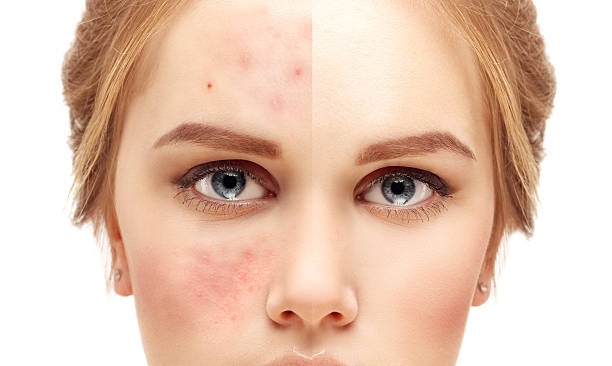
Acne Skin
These foods are considered “high-glycemic” carbohydrates. That means they’re made of simple sugars. These kinds of foods have been found to stimulate the production of hormones that can cause excess oil to be created and secreted by oil glands. Then what kind of food helps your skin? What is anti-acne food? What foods are believed to help your skin?
Eating low-glycemic foods made of complex carbohydrates may reduce your risk of developing acne says Yash Birla.
Complex carbohydrates are found in the following foods whole grains, legumes and unprocessed fruits and vegetables. These food are also rich in the mineral zinc, vitamins A and E and chemicals called antioxidants.
Some skin-friendly food choices include orange and yellow fruits and vegetables such as carrots, apricots, and sweet potatoes. Spinach and other dark green and leafy vegetables are great anti-acne food too. Tomatoes, blueberries, whole-wheat bread, brown rice, quinoa, turkey, pumpkin seeds, beans, peas, lentils, salmon, mackerel, fatty fish, nuts are great for fighting acne suggests Yash Birla.
Everyone’s body is different, and some people find that they get more acne when they eat certain foods. Under your doctor’s supervision, it can be helpful to experiment with your diet to see what works best for you. Always take into account any food allergies or sensitivities you may have when planning your diet. Some studies suggest certain foods can help get rid of acne and improve skin health, but there is no definitive food “cure.” Before modifying your diet, it’s important to talk to your doctor to make sure any changes you make won’t harm your health. The best diet advice in dealing with acne appears to be eating a wholesome, balanced diet rich in fresh fruits and vegetables, healthy protein sources, and whole grains.


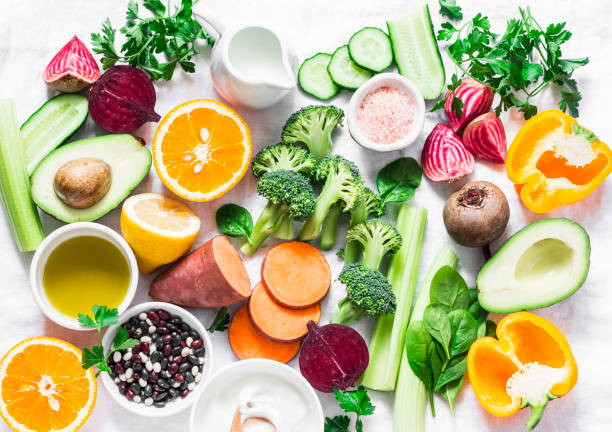

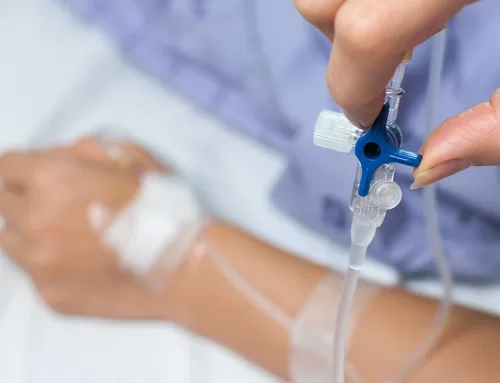
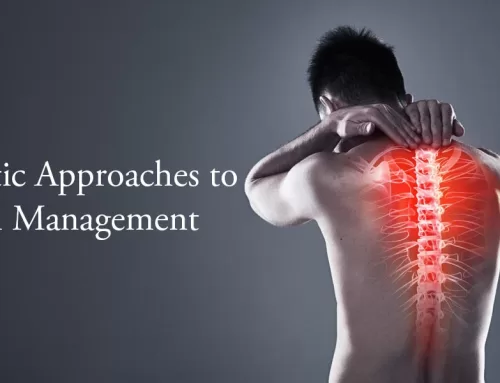
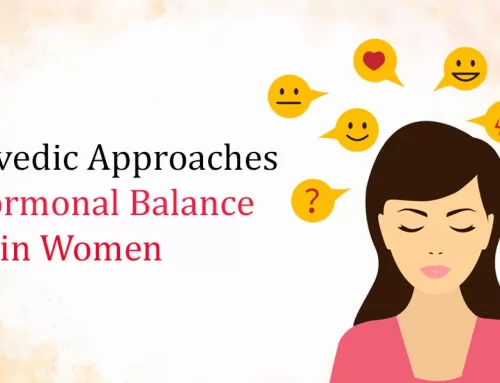

Leave A Comment